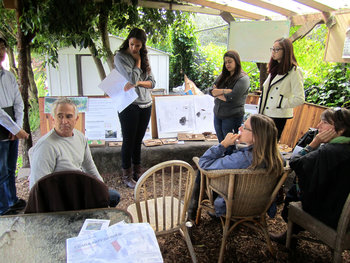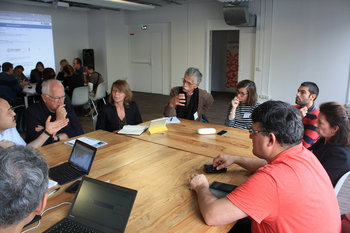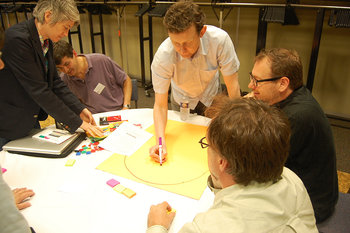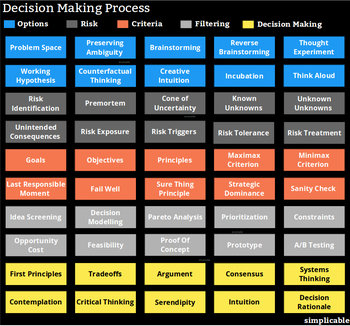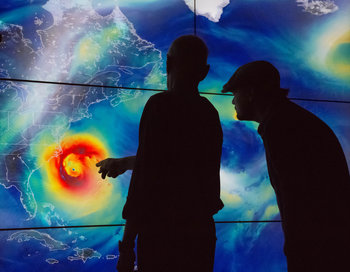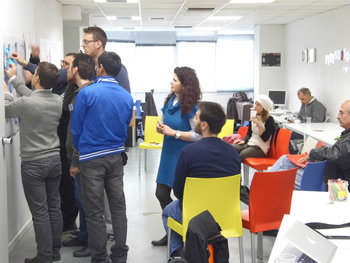|
| |
A problem is a situation you want to change, a risk you want to reduce or an opportunity you want to seize. The following are common types of problem.ConstrainedA problem that is heavily constrained with few available options. AmbiguousA problem that is wide open with a large universe of possible options.PredictableA problem that involves little or no uncertainty.Uncertainties that you can identify such as the probability that a product will fail on the market.Unknowns UnknownsProblems spaces where your not sure where to start identifying risks.
PoliticalSituations that involve cooperation or competition between nations, organizations, teams, informal social structures and individuals.TechnicalProblems that aren't social in nature such as fixing a machine.Attempting to determine the root cause a problem so that they can be efficiently and permanently solved.Attempting to get things working again as soon as possible without addressing the causes of a problem. Developing plans for the future.Planning to address current realities.Problems that require a choices between strategies or options.Changing things incrementally to improve and optimize them.ReinventionA problem that calls for completely replacing things with something new.|
Type | | Definition (1) | A current situation or condition that is undesirable. | Definition (2) | A risk or opportunity that requires action to avoid losses or realize gains. | Definition (3) | An unresolved question. | Related Concepts | |
Thinking
This is the complete list of articles we have written about thinking.
If you enjoyed this page, please consider bookmarking Simplicable.
The definition of failure with examples.
The definition of obstacle with examples.
An overview of problem solving with examples.
A list of thinking approaches and types.
A list of common creative thinking techniques.
The definition of analysis paralysis with examples.
The definition of the arrow of time with examples.
An overview of common business problems.
The definition of decision framing with examples.
The common types of research.
A list of decision making techniques.
The observation that groups may make collective decisions that are viewed as wrong or irrational by each individual member of the group.
A complete guide to the decision making process.
The difference between rational thought and logic.
The common types of uncertainty in decision making and strategy.
A definition of information costs with examples.
A definition of reverse brainstorming with examples.
The definition of decision fatigue with examples.
Taking a position that you do not necessarily agree with for the purposes of argument.
The definition of paradox of choice with examples.
TrendingThe most popular articles on Simplicable in the past day.
Recent posts or updates on Simplicable.
Site Map
© 2010-2023 Simplicable. All Rights Reserved. Reproduction of materials found on this site, in any form, without explicit permission is prohibited.
View credits & copyrights or citation information for this page.
|
















